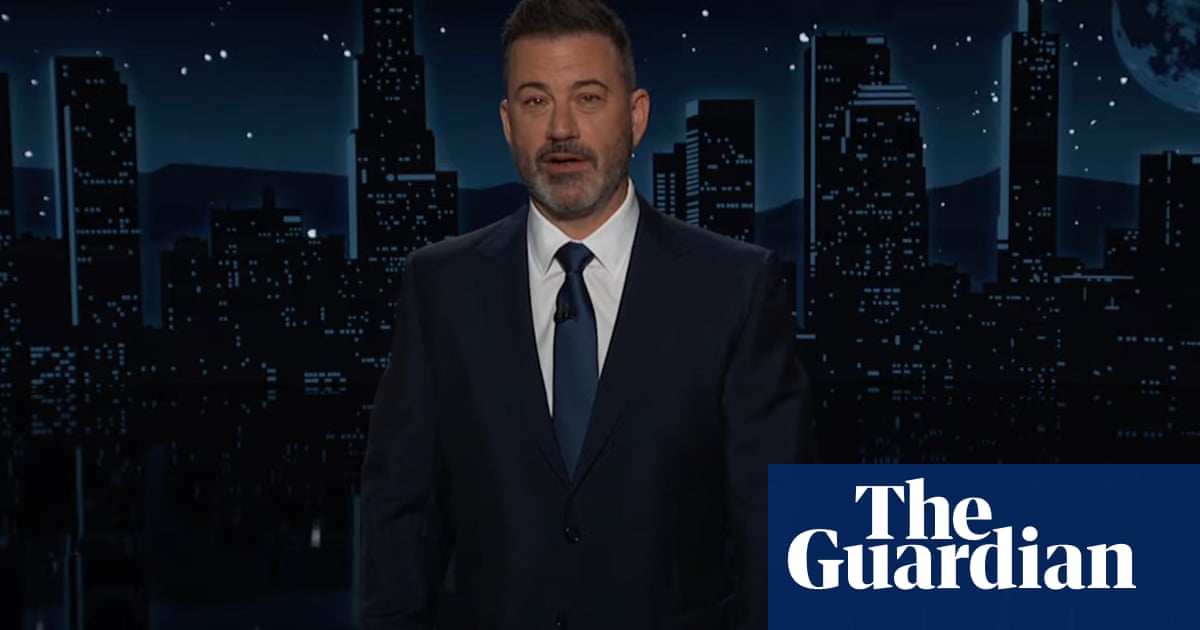
The old and new Lebanons took down Hezbollah and its allies, especially the Free Patriotic Movement (FPM). The old and new Lebanons bore down on the party, together, simultaneously, and took them down during the latest elections.
The old Lebanon, the Lebanon of religious sects, which can no longer stand the duplication of arms, removed the FPM from their position as the top representatives of the country’s Christians, halving this prerogative between them and the Lebanese Forces (LF); it also elected hawkish Sunnis despite Saad Hariri’s stance and safeguarded Walid Jumblats leadership of the Druze. This shift deprived Hezbollah of most of its allies who carry weight among their sects, leaving the party confined to its own sect. This shift also deprived Hezbollah of some of the party’s most prominent satellite deputies from different sects, who are also among the most prominent satellites of the Syrian security regime.
The new Lebanon, “civil society” youths who sprung from the October 17 revolution and are concerned with pushing back against plunder and corruption, has unequivocally shown that it is aware that the regime and its armed protector are interdependent. Rallied around their opposition to the two sides of this link, they managed, for the first time in Lebanon’s history, to get a considerable number of deputies who could develop new meanings for politics and pave unfamiliar paths.
These are the same youths who had been clamped down on by Hezbollah after having challenged the regime of plunder and corruption in 2019. Since then, Hezbollah’s journalists and talking heads have been smearing them and accusing them of treachery.
As far as they and the new Lebanon they symbolize are concerned, resistance seems like a wretched relic of the past, an old, outdated concept, even though it is besieged politically by the rest of the old guard.
Indeed, time and again, we see new parallels between Lebanon and Iraq’s states of affairs: the old Iraq, the Iraq of sects and ethnicities, is pushing back against Iranian influence through the Sunni and Kurdish blocs. Meanwhile, the youth’s Iraq is waging a struggle against Iranian influence and proxies through the civic revolution that modernist and secular Shiites launched three years ago.
Nonetheless, we should not get carried away into thinking that Hezbollah will “be understanding” of the fact that the majority of Lebanese can’t stand its weapons and regime. We should not fall into a sort of “parliamentary naivety” and assume that the party will comply with the new parliament’s decisions and legislation. The nature of this party should make us very skeptical that it will acquiesce to the “will of the people” voiced during the parliamentary elections.
True, Hezbollah seniors, including its Secretary-General and his assistant, have emphasized the significance of these elections and the need to recognize their results on several occasions. These affirmations were evidently reiterated to be used in the event of victory. The opposite was affirmed on other occasions to be used in the event that the party is defeated, which is what has happened. In the latter version, those who won are conspirators; behind them stand embassies, foreign non-governmental organizations, and massive sums of money. They are “Israel’s shields;” they seek to normalize relations with it and are “civil war fodder.” Of course, one cannot hand the country over to these types.
Hezbollah’s penchant for militarizing political life, especially elections, has always been obvious. Lacking a democratic toolkit and discourse, Hezbollah pushes a narrative loaded with talk of supremacy and subjugation, martyrs and martyrdom, and blind worship of its leader.
More dangerous are the warnings in Hassan Nasrallah’s fiery speeches before the elections, especially his insistence on oil exploration in the southern Lebanese coast. It is more dangerous because the Lebanese, as the Secretary-General put it, possess a “treasure” that they do not dare to use for fear of Israel and the United States. As for the resistance, it is fully prepared to protect a brave step of this sort.
This narrative could translate into military action aimed at garnering popular support at any moment: it promises the Lebanese, who are drowning in poverty and hunger, a “treasure” that would leave their lives brimming with prosperity after they have been brimming with misery.
The party betting on some sort of military adventure waged based on the need for gas exploration is not far-fetched. It would turn attention away from the latest parliamentary election results. Indeed, it would be a sort of rendition of the July 2006 war, which Israel launched because the party had kidnapped two of its soldiers in an effort to deflate the independence agenda that the 2005 assassinations had imposed.
This outcome could advance hand in hand with the political- and may be security- tensions that will be part and parcel of every major parliamentary vote: from naming the Speaker and the Prime Minister to forming a government to electing a new President. Tensions would become even more acute if the party’s opponents, old and new, were to establish some kind of front in which they come together and coordinate.
Thus, it would not be shocking to see the party, once again, lean towards punishing the rest of the Lebanese for how they voted, punishing them in the name of protecting them or defending their prosperity. And we know, through many previous experiences, how vast the party’s deposit of noble objectives is. Used to cover for their ignoble actions, this deposit is not worth more than the Lebanese seized bank deposits.






